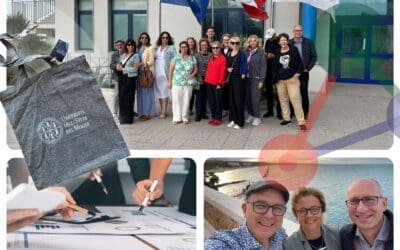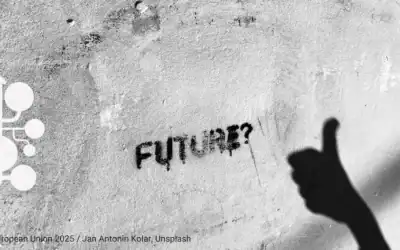PIAAC 2024: Do adults have the basic skills to thrive in a changing world?
The 2024 OECD PIAAC (Programme for the International Assessment of Adult Competencies) survey has shed light on the significant challenges adults face worldwide in fundamental skills such as literacy, numeracy, and adaptive problem-solving. While some countries have made progress over the past decade, many have seen a decline in performance.
International trends and top-performing countries
Among the 31 participating countries, Finland, Japan, Sweden, and Norway performed the best in all three skill domains. Finland, for example, improved its average literacy score by 15 points over the past decade and saw a 17-point increase in numeracy .
In contrast, several countries, including Poland, Lithuania, and South Korea, experienced a significant decline in literacy skills, with drops of more than 20 points . Alarmingly, the gap between high and low performers has widened in many places, suggesting increasing social inequalities.
Hungary’s performance in the 2024 PIAAC Report
Hungary’s results remain below the OECD average in all three skill areas :
- Literacy: 248 points (OECD average: 260)
- Numeracy: 254 points (OECD average: 263)
- Adaptive Problem-Solving: 241 points (OECD average: 251)
One of the most concerning trends is the sharp rise in the share of low-performing adults. In 2017/18, 18.6% of Hungarian adults had low literacy skills, but by 2022/23, this figure had surged to 32.5% . Similarly, the percentage of adults with low numeracy skills rose from 17.8% to 28.8%. The decline is dramatic among young adults aged 16-24.
What’s Next?
The PIAAC results send a clear message: education and adult learning systems must adapt quickly. A lack of fundamental skills not only limits individual job opportunities but also has long-term consequences for the entire economy.
For a deeper understanding of the Hungarian results and their implications, we recommend reading Dr. Éva Farkas’s recent report, which provides a detailed analysis of the trends and challenges Hungarian adults face .




